One of the key factors contributing to any organization’s team success is its employees. Investing in their training and development not only enhances their skills but also fosters a positive work environment and improves overall productivity. Effective employee training is a strategic process that aligns individual and organizational goals while empowering team employees to reach their full potential. This blog post will explore essential strategies to effectively train employees for success, ensuring a capable and motivated workforce.
Conduct a Team Training Needs Assessment
Before designing any training program, conduct a thorough training needs assessment. Identify the skills and knowledge gaps within your workforce by analyzing job roles, performance evaluations, and feedback from employees and managers. This assessment will help you tailor training programs to address specific needs and ensure the training is relevant and impactful.
Set Clear Learning Objectives
Establish clear and measurable learning objectives for each training program. Clearly define what skills, knowledge, or behaviors you want employees to acquire or improve upon. Specific and measurable objectives provide a sense of direction and focus, making the training more effective and enabling employees to understand the desired outcomes.
Use a Variety of Team Training Methods
Different employees have different learning styles, so it’s essential to utilize a variety of training methods to cater to diverse needs. Incorporate a mix of methods such as workshops, e-learning modules, on-the-job training, mentoring, and video-training. This approach ensures engagement, active participation, and effective knowledge transfer.
Provide Continuous Training Opportunities
Training should not be a one-time event but a continuous process. Encourage ongoing learning and development by offering regular training opportunities. This can include workshops, webinars, conferences, or access to online learning platforms. Employees stay updated with industry trends, develop new skills, and remain motivated and engaged by providing continuous training.
Foster a Culture of Feedback and Coaching
Feedback and coaching are essential components of effective training. Encourage a culture where employees receive regular feedback from managers and peers. Provide constructive feedback to help employees identify areas for improvement and celebrate their successes. Incorporate coaching and mentoring programs to provide individualized support and guidance for employee growth.
Encourage Employee Collaboration and Knowledge Sharing
Create opportunities for employees to collaborate, share knowledge, and learn from one another. This can be done through team projects, cross-functional training, or regular knowledge-sharing sessions. Peer-to-peer learning not only enhances individual skills but also promotes a sense of camaraderie and teamwork within the organization.
Offer Career Development Opportunities
Linking training programs to career development opportunities enhances employee motivation and engagement. Provide a clear career path and opportunities for growth within the organization. Offer programs such as job rotations, cross-training, or mentorship to help employees expand their skills and advance their careers.
Assess Training Effectiveness
Regularly evaluate the effectiveness of your training programs to ensure they are delivering the desired outcomes. Use assessments, surveys, and performance evaluations to measure the impact of training on employee performance and overall organizational goals. Then, adjust the training approach as needed based on feedback and evaluation results.
Emphasize Practical Application
Ensure that training programs focus on practical application rather than just theoretical knowledge. Incorporate hands-on activities, real-life scenarios, and case studies to help employees apply their learning directly to their roles. Practical application reinforces learning and increases the likelihood of successful implementation.
Celebrate and Recognize Learning Achievements
Acknowledge and celebrate employees’ learning achievements and successes. Recognize their efforts and the application of newly acquired skills. This not only boosts morale but also reinforces the value of training and encourages a culture of continuous learning within the organization.




